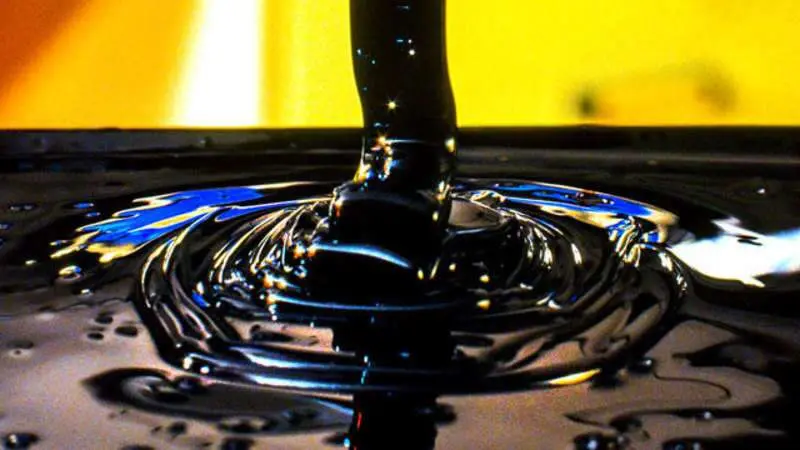
The word petroleum means rock oil. Petroleum consists of Natural gas and Crude oil. Natural gas contains methane gas and other hydrocarbon gas mixtures. Natural gas may be liquefied under pressure to produce Liquefied Natural gas, LNG.
LNG is a colourless, odourless, non-toxic gas, which is predominantly used as domestic gas for cooking and heating. It may also be used as transportation fuel in special engines. The odour of the domestic gas is a result of the addition of tert-Butylthiol (also known as mercaptan). The odour of mercaptan is necessary to make it possible to detect gas leaks.
Crude oil is a dark brown viscous liquid, which shows green fluorescence. It has an unpleasant odour. The major impurity in crude oil is sulphur. Sulphur, as an impurity in petroleum, causes environmental pollution and so it must be removed. Sulphur free crude oil is in high demand. Nigerian crude oil is relatively sulphur free.



Responses